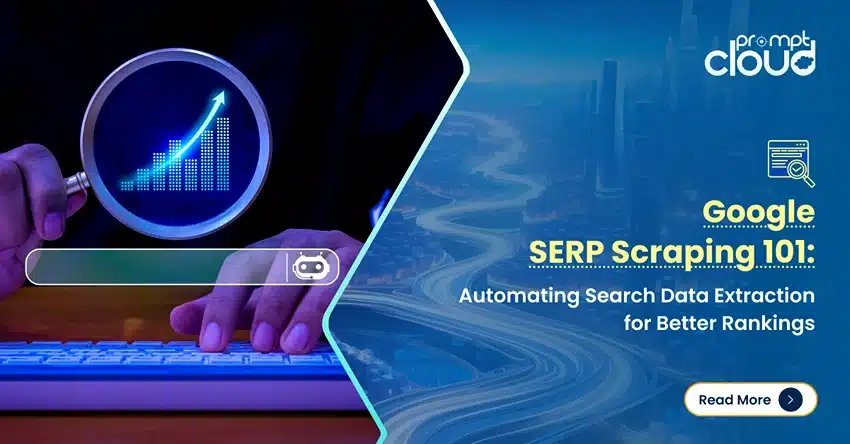
Today’s automotive market landscape has changed drastically for the better. The industry is full of business opportunities, thanks to the emerging consumer demand for cars and auto parts in developing countries and exciting future vehicle concept models. And, to seize these business opportunities, forward-thinking companies are turning to web scraping practice that provides much-needed data-backed insights and aids the business decision-making process with intelligent automotive data.
Intelligent Automotive Data Mining
Firstly, web scraping refers to the practice of collecting public data from across the internet. The whole process consists of identifying the predefined data points on the web and extracting the desired data for the later analysis phase. Majorly, the used automobiles market participants typically extract automotive industry data as the car make, model, year, price, mileage, fuel type, auto parts, to name a few. Also, web scraping practice can be utilized to collect data on customers’ preferences, users and auto parts reviews, habits and purchasing power, warranty repairs, and much more. Typically, this sort of automotive industry data strengthens the predictive analysis of the market and allows companies to explore further business opportunities.
Use Cases of Intelligent Automotive Data Mining
Here are only a few already proven intelligent automotive data mining use cases within the automotive industry.
Market trends and pricing intelligence knowledge is primarily obtained via web scraping practice, e.g. monitoring consumers’ purchasing behavior, global sales information, or competitions’ pricing tactics. Instead of thinking about how to collect data, companies can focus on data analysis and tracking trends in their markets.
Aggregated car listings websites rely on the web scraping practice to pull a vast amount of real-time data from the entire web and display it on their one-stop-shop sites for consumers’ convenience.
Auto parts sites utilize the web scraping practice to monitor the demand and supply for auto parts by exploring competition’s product catalogs, sales figures, auto part reviews, and warranty repairs information, to name a few.
Consumer sentiment analysis by web scraping practice allows automotive manufacturers and auto traders to gather powerful insights from drivers. This analysis insight aids in optimizing existing procedures, as well as generating designs of future vehicles.
Data Extraction Tools and Solutions
Some companies choose to build their in-house web data mechanisms. It requires automation, i.e., software scripts, also known as web scrapers. Usually, these web scrapers are built and continuously maintained by developers. Furthermore, the web scrapers need to be supported by a proxy network to gather the data successfully. Why so? Typically, the websites that hold the desired public knowledge implement data requests limits. Once these sites receive a significantly larger volume of requests, they start to block the data collection process by blacklisting the client’s IP address.
Hence, for the web scraper to successfully collect the necessary data on a scale, it is paramount to use proxies. By using a vast amount of proxies, the web scraper can distribute the requests evenly via the IP address pool without reaching the website’s implemented data request limit. For web data collection in the automotive industry, PromptCloud is one of the top picks.


















